Going Beyond The Home Inspection
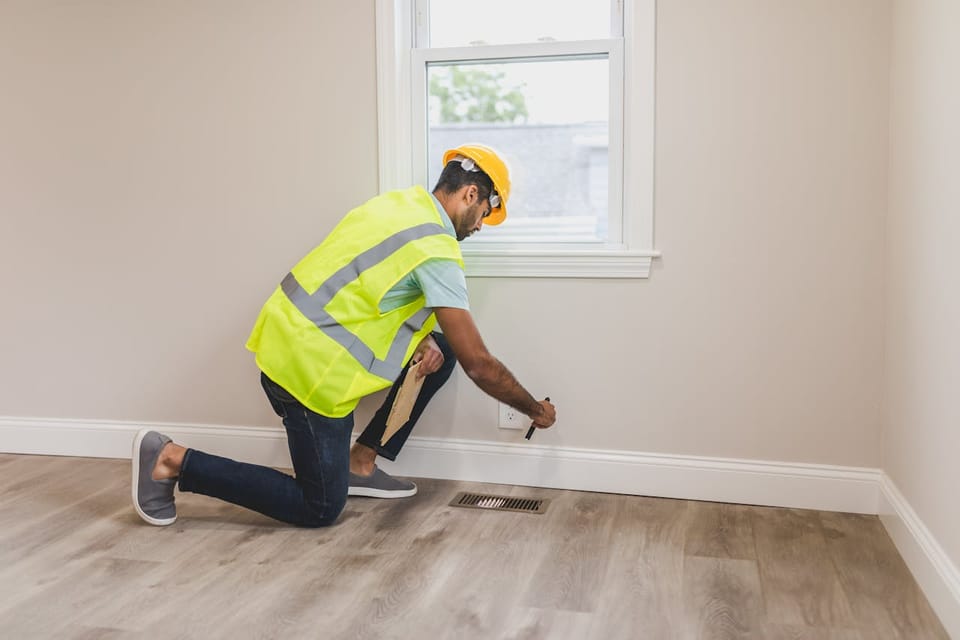
When you see an appealing new treat at the grocery store there's a fair chance you're willing to throw caution to the wind, buy it, try it, and let the cards fall where they may. If you don't enjoy it you just don't buy it again - most folks aren't going to be seeking a refund or suing the manufacturer.
Fundamentally, in that grocery store treat scenario the cost and risk is low. The same simply isn't true when it comes to homebuying. While the home seller generally has an obligation to reveal known defects, the stakes are much higher here - taking the seller at their word can be excruciatingly expensive for a buyer if either there are defects the seller is unaware of, or if the seller chooses to lie or otherwise misrepresent the issues.
Due diligence therefore is the process of reviewing details and facts about a property to confirm the accuracy of the seller's representations, gaining a fuller and more complete picture of the property's fair market value. One aspect of due diligence is to choose whether to perform various inspections on the land and improvements (ie, the house).
In residential purchases this tends to start with a general home inspection, performed by a state licensed home inspector. Think of this as the general check-up. A certified home inspector evaluates the property's overall condition, from the roof to the foundation. They identify existing issues and potential problems, providing a comprehensive report that becomes your roadmap for negotiations and future maintenance.
The home inspector is not an expert in any particular home system - and if they see red flags they are likely to recommend an additional inspection by a professional in that field. It's important that homebuyers leave time in their home inspection and due diligence contingencies to perform these follow-up inspections before being required to either propose repairs or move forward with the purchase as-is.
Let's delve into some of these additional inspections homebuyers may wish to consider conducting:
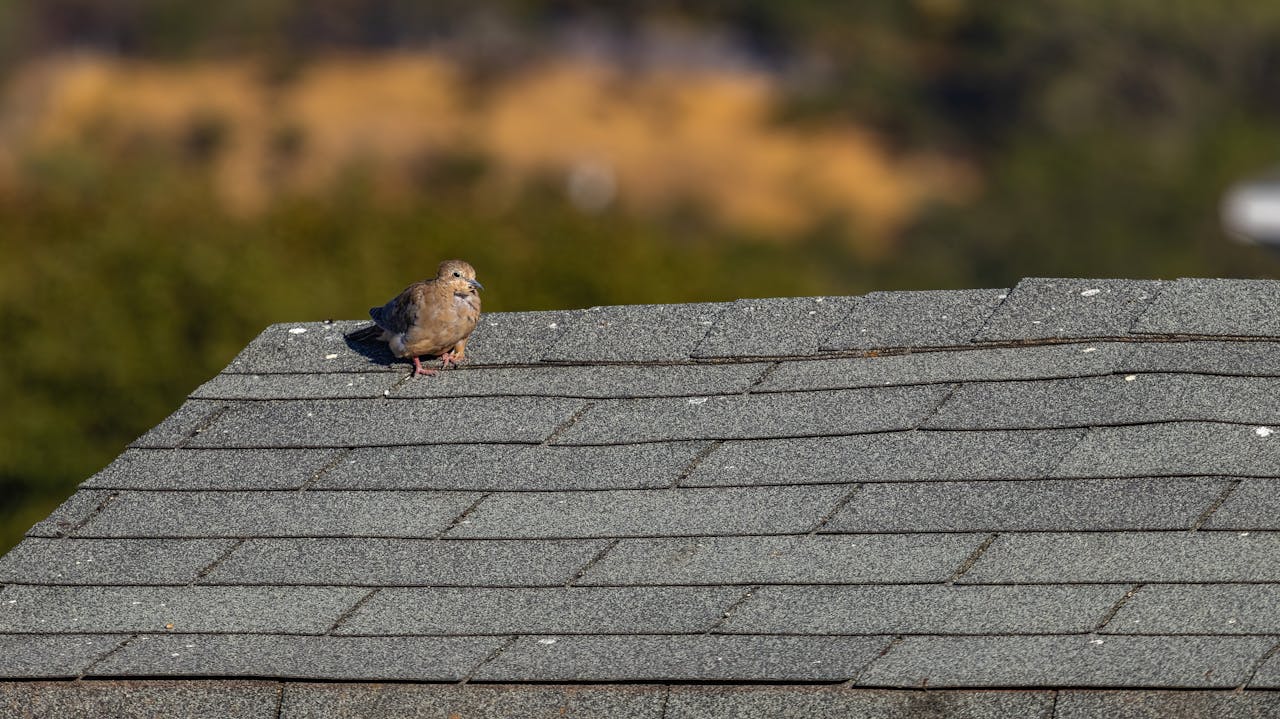
1. Roof Inspection
The roof shields you from the elements, but it's often out of sight and out of mind. A roof inspection assesses shingles, flashing, gutters, and structural integrity. Spotting leaks or damage early can save you from costly repairs and extend the roof's lifespan.
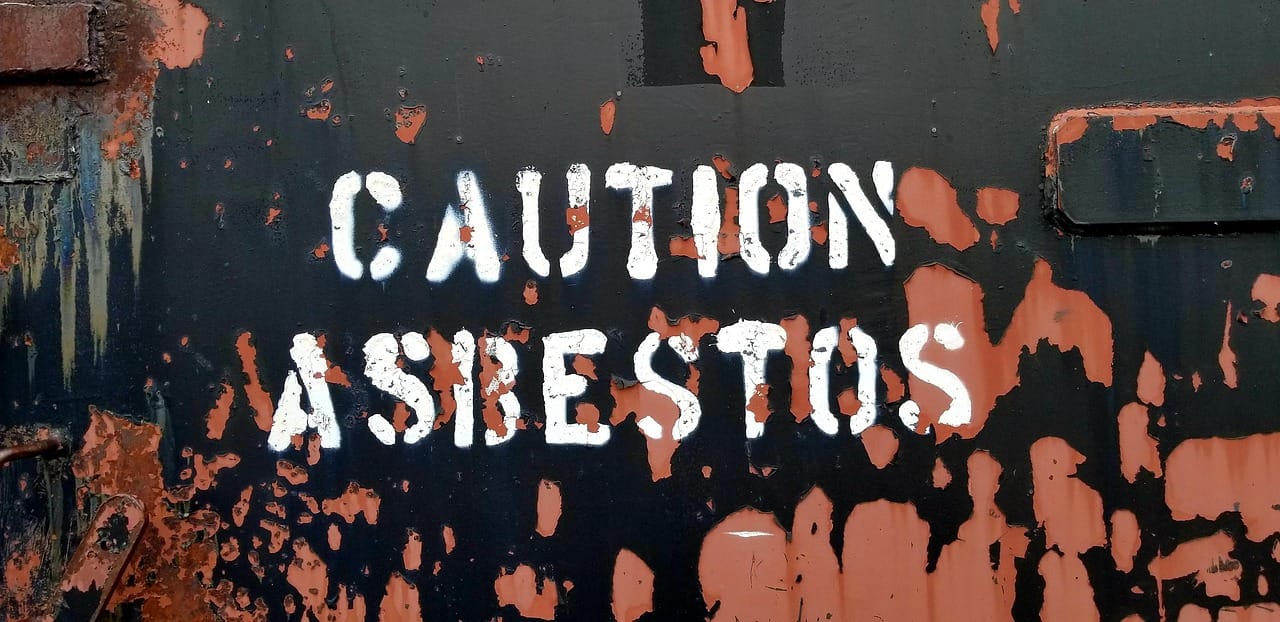
2. Asbestos Inspection
Asbestos was a common building material until the late 20th century. In fact, it was considered a wonder material because of how effective it is in a variety of applications. Unfortunately, asbestos fibers are very damaging to breathe, and can cause serious health issues. If you're eyeing an older home, an asbestos inspection is vital. Specialists test for asbestos in insulation, flooring, and other materials, ensuring that you're not exposed to hazardous fibers that can impact your health.
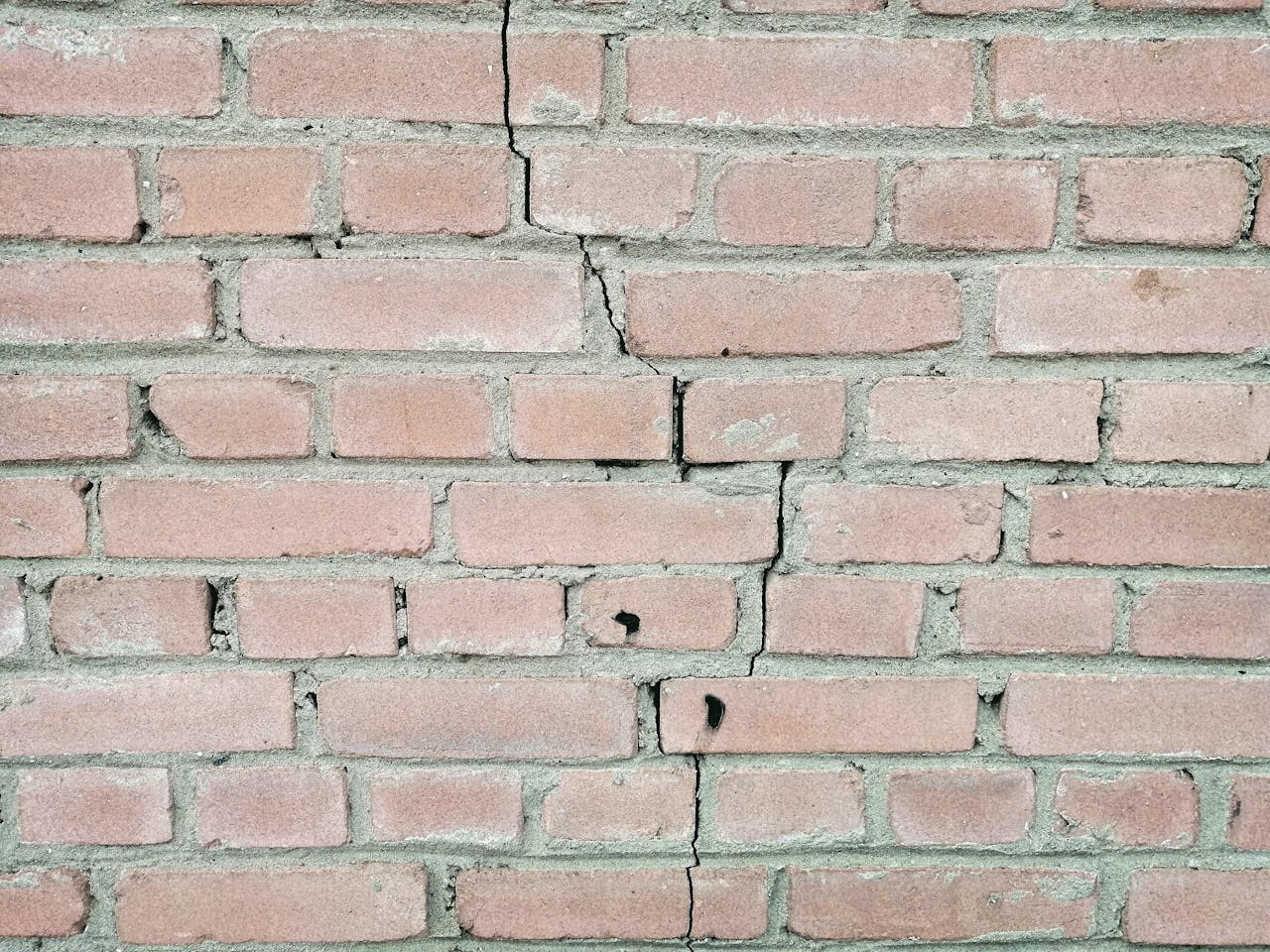
3. Foundation Inspection
The home is quite literally built on the foundation - if there are cracks, shifts, or settling in the foundation it suggests that there has been some movement in the structural members of the home. Without remediation to stop the movement, it is likely to continue over time, and these issues can be expensive to fix.
While foundation repair companies are happy to perform these inspections their sales people often aren't structural engineers and have an incentive to find problems they can sell the solution for. Hiring a structural engineer directly is often preferred, because they don't have a profit motive to fabricate or exaggerate issues.
4. Wood Destroying Pest Inspection
Termites and other wood-destroying pests are silent invaders. This inspection checks for signs of infestation and damage. Early detection is key to preventing extensive structural harm and preserving your investment.
5. Lead-Based Paint Inspection
Homes built before 1978 may contain lead-based paint, which poses health risks, especially to children. An inspection identifies lead presence, allowing for safe removal or encapsulation and giving you peace of mind.
6. Septic System Inspection
If the property isn't connected to a municipal sewer, it most likely uses a septic system. Inspectors evaluate the tank, drain field, and components to ensure everything functions properly, preventing messy and hazardous failures down the line.
7. Mold Inspection
Mold thrives in damp environments and can affect air quality and health. A mold inspection identifies growth, moisture sources, and recommends remediation. A mold inspection may particularly be called for either if suspicious organic growth has been spotted or if there has been water intrusion or dampness that is often conducive to mold growth.
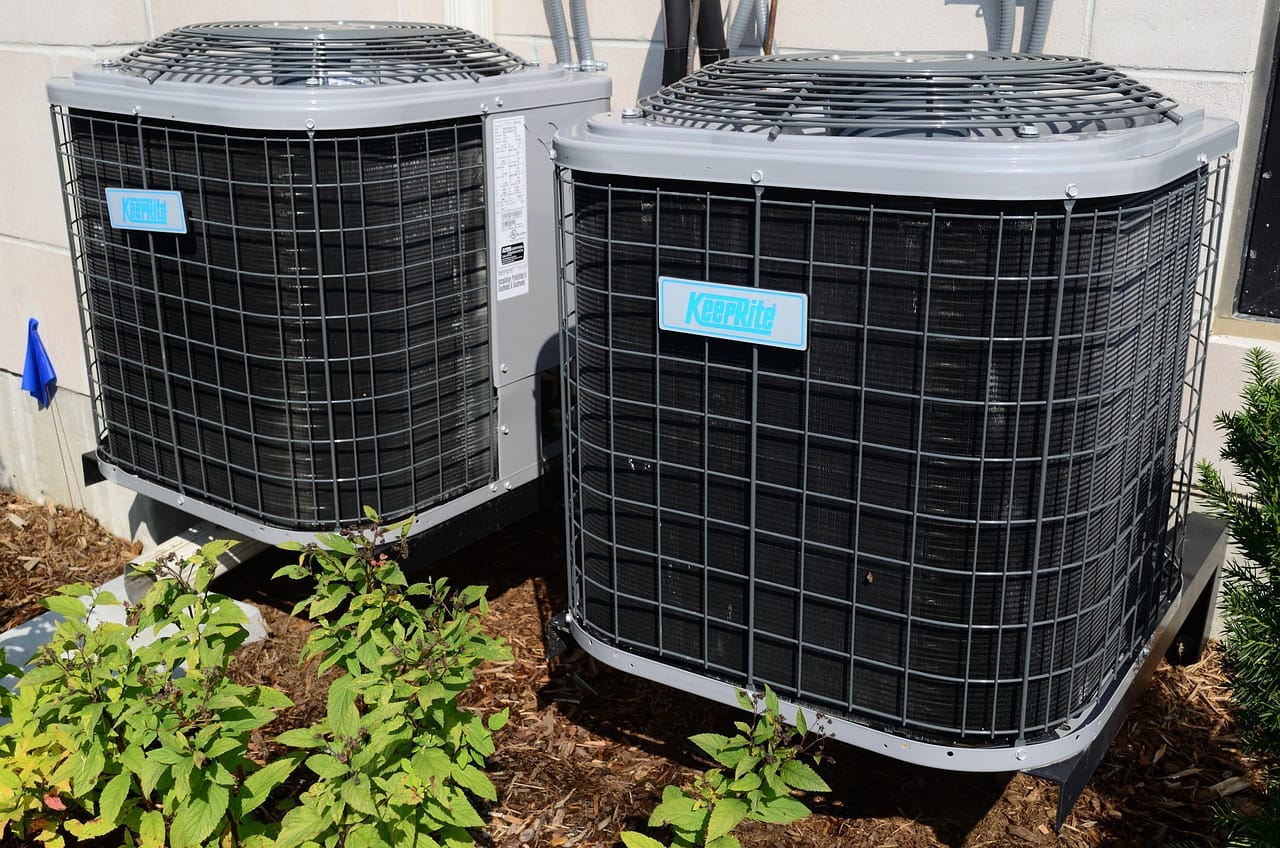
8. HVAC Inspection
Heating, ventilation, and air conditioning systems keep your home comfortable year-round. Inspectors assess the HVAC system's condition, efficiency, and any needed repairs or replacements, helping you avoid unexpected breakdowns.
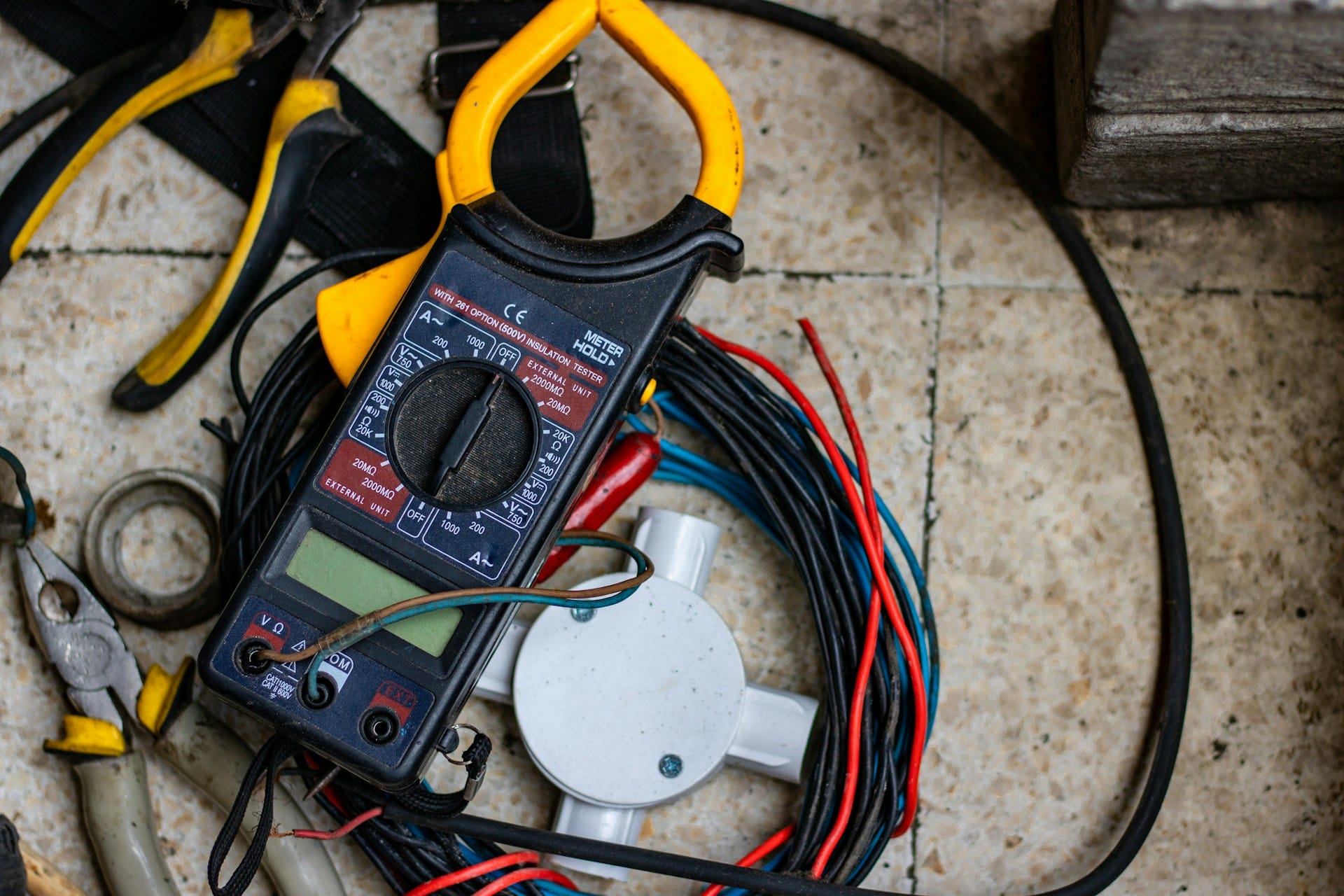
9. Electrical System Inspection
Electrical issues aren't just inconvenient; they're dangerous. An inspection checks wiring, panels, outlets, and fixtures for code compliance and safety hazards, reducing the risk of fires and shocks.
10. Plumbing Inspection
From pipes to fixtures, plumbing keeps water flowing smoothly in and out of your home. Inspectors look for leaks, corrosion, water pressure problems, and sewer line issues, ensuring reliable and clean water supply.
11. Sewer Line Video Scope Inspection
Using specialized cameras, inspectors examine the sewer line's condition underground. This inspection detects blockages, cracks, or tree root intrusion that could cause backups or require costly repairs.
The Bottom Line
Due diligence inspections are more than a checklist—they're a critical component of a smart homebuying strategy. They uncover hidden truths, prevent future headaches, and provide invaluable negotiation power. They provide transparency, allowing buyers to make informed decisions, and plan for future expenses.

